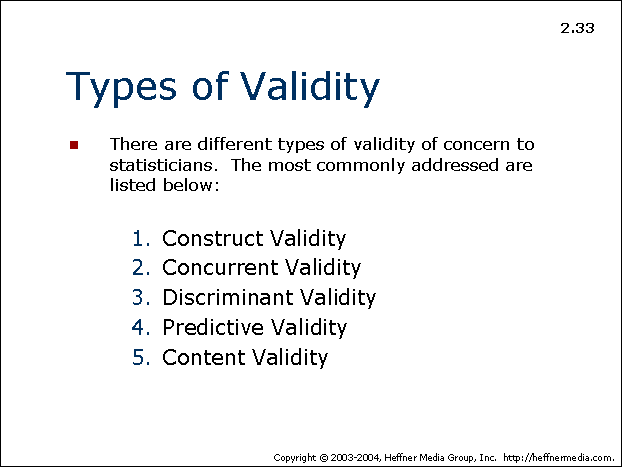Posts by Neil Petersen
Why Buying Experiences Can Increase Happiness
Money can’t buy happiness, but it can buy interesting experiences. Psychologists have shown that purchases of experiences tend to make people happier than purchases of material goods. To do or to have? is how researchers from University of Colorado at Boulder framed this question in a 2003 paper. They found that, generally, “to do” is…
Read MoreHow a Parent’s Touch Can Reassure
Touch can be a powerful means of communication, especially between parents and children. As the authors of a recent study explain it, “the sense of touch develops in utero and enables parent-child communication from the earliest moments of life.” Maybe this is one reason touch can be so meaningful. It allows children to communicate with…
Read MoreNight-Owl Teens at Risk for Insomnia, Behavioral Problems
Adolescents who tend toward being night owls are at higher risk for insomnia, emotional problems and behavioral problems, according to a new study from researchers in Hong Kong. Psychologists have known for a while that people with higher eveningness, who are more inclined to go to bed and to wake up later, seem to have…
Read MoreWhen You’re Sad and Play the Slot Machines
Feeling sad doesn’t always bring out the best in us when it comes to impulse control. From comfort eating to coping by drinking, people often find that their self-control slips when their mood is low. And then, apparently, there’s comfort gambling. Psychologists have long known that there’s a connection between negative mood and gambling, but…
Read MoreTeacher Involvement Can Help With Childhood Depression
Given how much of their lives children spend in school, it stands to reason that good teacher-student relationships could make a difference in children’s mental health. So a group of researchers in Belgium decided to ask: is there a link between teacher involvement and children’s subsequent depressive symptoms, and if so, how does it work?…
Read MoreBaby Boomers May Be More Receptive to Online Mental Health Treatment Than Millennials
Mental health treatment, like everything else, is increasingly going online. People are seeking out more information about mental health on the internet, and researchers are experimenting with new types of therapy that can be done virtually. Those darn millennials, wanting to be able to do everything on their smartphones! Except, there’s a twist. It turns…
Read MoreCan Money Help People Overcome Phobias?
Psychologists are experimenting with an admittedly rather materialistic approach to treating phobias: bribing people to confront their fears. In a recently published study, researchers in Germany investigated whether monetary incentives could overwrite avoidant behaviors rooted in fear. The researchers recruited a group of 84 people with either high or low fear of spiders. The participants…
Read MoreDecisions in the “Trolley Dilemma” Differ From Real-Life Behavior
Maybe you’ve heard this one: there’s a runaway trolley car headed toward a fork in the tracks. Standing on one set of tracks, oblivious to the trolley car careening out of control, is a group of five people. On the other set of tracks, also oblivious, is a single person. If you stand by and…
Read MoreRetirement and Personality
There are many different reasons someone might choose to retire or not retire at a particular point in their life. Which means that there are also many different ways the decision to retire can affect someone’s mental health. Still, psychologists have looked to see if there are any broad patterns in what retirement means for…
Read MoreThe Positive Cognitive Triad: 3 Traits for a Happy Life
Some people seem to be unfailingly upbeat, no matter what life throws their way. Ever wonder what the outlook on life is that all these people have in common? One answer that’s been proposed is what psychologists call the positive cognitive triad. These are three traits that, together, make for a more positive approach to…
Read More

